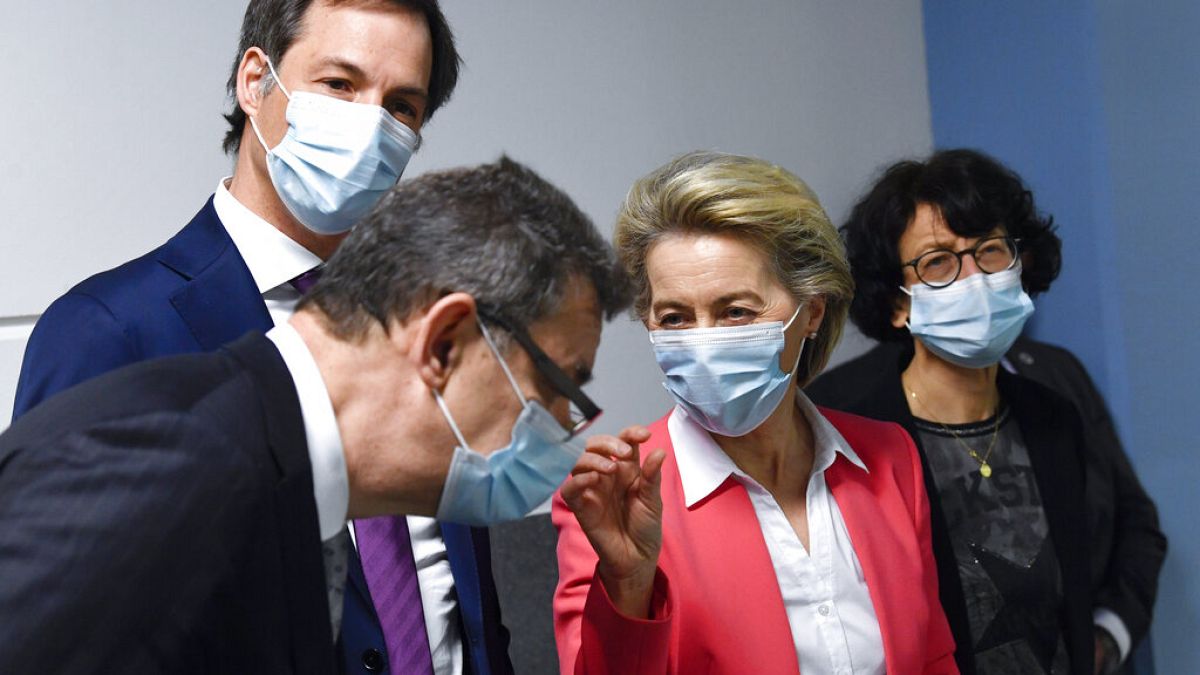Critics say the European Commission has become less transparent, less accountable and "unhinged" from European democracy.
The European Union ombudsman on Friday found the bloc's executive arm responsible for “maladministration" after it did not provide access to text messages between its president and the CEO of pharmaceutical company Pfizer relating to coronavirus vaccine purchases.
Ombudsman Emily O'Reilly consequently recommended that the European Commission “do a more extensive search for the relevant messages".
In April last year, a story published by the New York Times revealed that EU Commission President Ursula von der Leyen and Pfizer CEO Albert Bourla had exchanged text messages and calls about vaccine procurements for EU countries.
A journalist then asked the European Commission for access to the text messages and other documents, but the executive branch did not provide any text.
According to the ombudsman's inquiry, the European Commission did not clearly ask von der Leyen's cabinet to look for the text messages.
“This falls short of reasonable expectations of transparency and administrative standards in the Commission,” O’Reilly said.
“When it comes to the right of public access to EU documents, it is the content of the document that matters and not the device or form. If text messages concern EU policies and decisions, they should be treated as EU documents. The EU administration needs to update its document recording practices to reflect this reality.”
The commission must send a response to the ombudsman before April 26 and said it will answer in due course.
The coronavirus crisis has shed a light on the lack of transparency surrounding the negotiations for vaccines between the EU and big pharmaceutical groups.
'A complex issue'
The European Commission was mandated by member countries to organise the joint procurement of vaccines during the coronavirus crisis and led negotiations with manufacturers.
The EU has so far refused to say how much it paid for the billions of doses it secured, arguing that contracts are protected for confidentiality reasons.
In October last year, EU lawmakers voted a resolution calling for legislation to make purchasing and distributing COVID-19 vaccines more transparent.
“Access to EU documents is a fundamental right,” O’Reilly said. “While this is a complex issue for many reasons, EU administrative practices should evolve and grow with the times we live in and the modern methods we use to communicate.”
EU lawmaker Sophie in ’t Veld welcomed the ombudsman's recommendation and said the European Parliament has been “too cosy" with the commission for much too long on transparency issues.
“This is bigger than just text messaging between von der Leyen and Pfizer," she said. “The European Commission has become less transparent, less accountable to the European Parliament and frankly more unhinged from European democracy."
